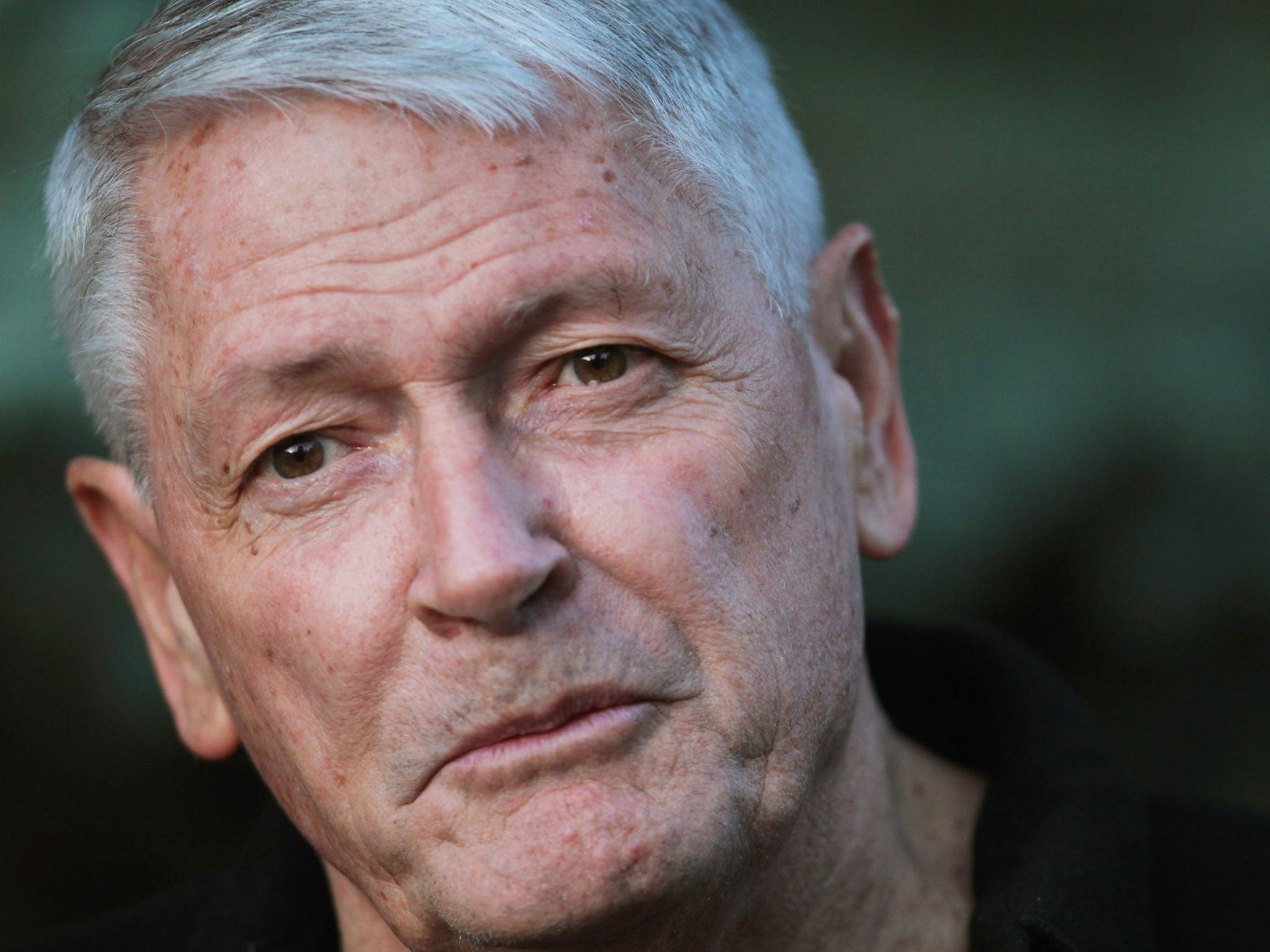The 'King of Cable' is back with $55bn deal
Charter agrees $55bn deal with larger rival Time Warner Cable

Your support helps us to tell the story
From reproductive rights to climate change to Big Tech, The Independent is on the ground when the story is developing. Whether it's investigating the financials of Elon Musk's pro-Trump PAC or producing our latest documentary, 'The A Word', which shines a light on the American women fighting for reproductive rights, we know how important it is to parse out the facts from the messaging.
At such a critical moment in US history, we need reporters on the ground. Your donation allows us to keep sending journalists to speak to both sides of the story.
The Independent is trusted by Americans across the entire political spectrum. And unlike many other quality news outlets, we choose not to lock Americans out of our reporting and analysis with paywalls. We believe quality journalism should be available to everyone, paid for by those who can afford it.
Your support makes all the difference.John Malone, the veteran US cable mogul, sealed a deal he’s been chasing for two years yesterday as Charter Communications agreed a $55bn (£36bn) takeover of its larger rival Time Warner Cable.
The merger between Charter and Time Warner Cable will also roll up the smaller cable operator Bright House, which Charter has already agreed to buy for $10.4bn, and would result in a company with more than 23.9 million subscribers across 41 states.
That would leave the new company in a position to challenge the largest US operator, Comcast – which has 27 million broadband and cable TV customers.
That Mr Malone, 74, has long coveted Time Warner Cable is no secret. Charter, which Mr Malone’s Liberty Broadband controls with a 26 per cent stake, attempted several friendly approaches in 2013. Their rebuttal resulted in a hostile bid from Charter that also failed when Comcast acted as a “white knight” and attempted to merge with Time Warner Cable.
But Comcast’s merger was blocked a month ago by the Department of Justice (DoJ) and the US Federal Communications Commission (FCC), which argued it was not in consumers’ interests.
The proposed deal is also likely to go through a lengthy review process at the FCC and DoJ, although according to industry analysts it may have a better chance of getting approval from regulators.
The FCC objected to the largest and second-largest cable television companies merging, which would have resulted in one company controlling more than half of the US residential cable television market. In contrast, Charter, although the number four in US market, starts out with just under 6 million residential subscribers.
Nonetheless, the FCC was quick to comment on the deal yesterday. “The commission will look to see how American consumers would benefit if the deal were to be approved,” its chairman Tom Wheeler said. “In applying the public interest test, an absence of harm is not sufficient.”
Shares in Time Warner Cable jumped nearly 4 per cent in afternoon trade, to $177.51, below Charter’s $195.71 cash and paper offer, suggesting investor concerns about regulatory hurdles. The bid, which is being financed with $31bn debt, will see a new company New Charter, trading under the brand Spectrum.
If successful, the deal would once again make Mr Malone the most powerful individual player in the US cable market – even if cable is losing its grip on American television viewers thanks to streaming services like Netflix, Amazon and Apple. However, cable networks are still seen as lucrative assets because of their ability to provide high-speed internet access.
“This deal is about the pipeline,” Neil Campling, an analyst at Aviate Global, said. “In areas where broadband internet and fibre has not been rolled out, cable offers some of the best speeds.”
Mr Malone made his name as the “King of Cable” by using debt-financed acquisitions to turn a small cable company, Tele-Communications Inc, into the largest cable TV operator in the US in the early 1980s, before selling out to the telecoms giant AT&T.
He then began to focus on acquiring European assets via Liberty Global. This business owns 6.4 per cent of ITV and all of Virgin Media, among other European cable and telecommunication assets.
Mr Malone has also said he would like to do a deal with Vodafone, which beat him in the bidding war for Germany’s Kabel Holding in 2013.
Subscribe to Independent Premium to bookmark this article
Want to bookmark your favourite articles and stories to read or reference later? Start your Independent Premium subscription today.
Join our commenting forum
Join thought-provoking conversations, follow other Independent readers and see their replies
Comments